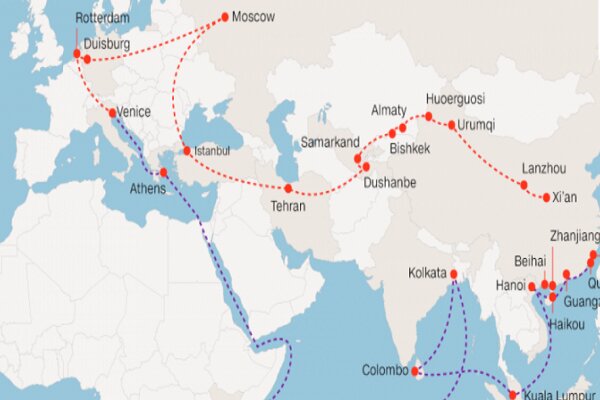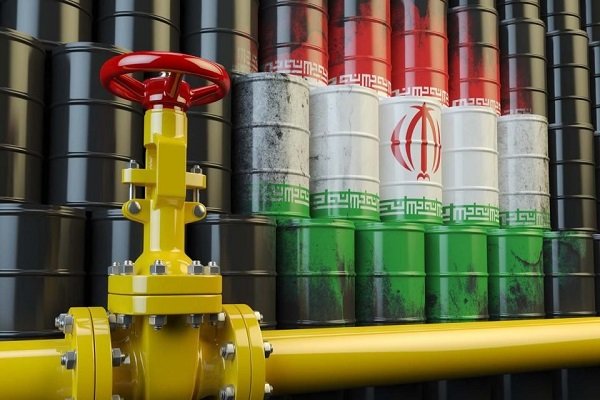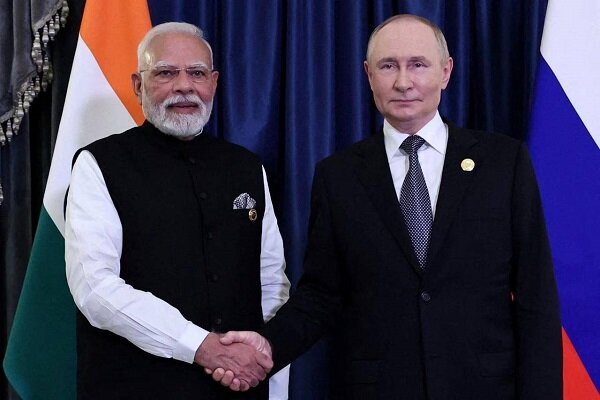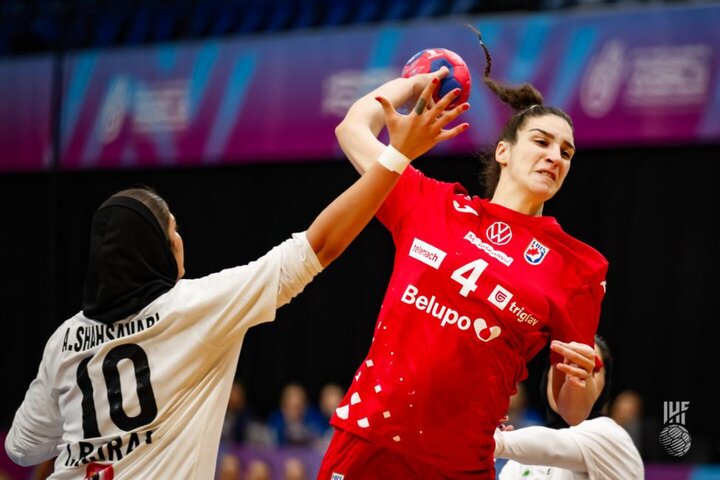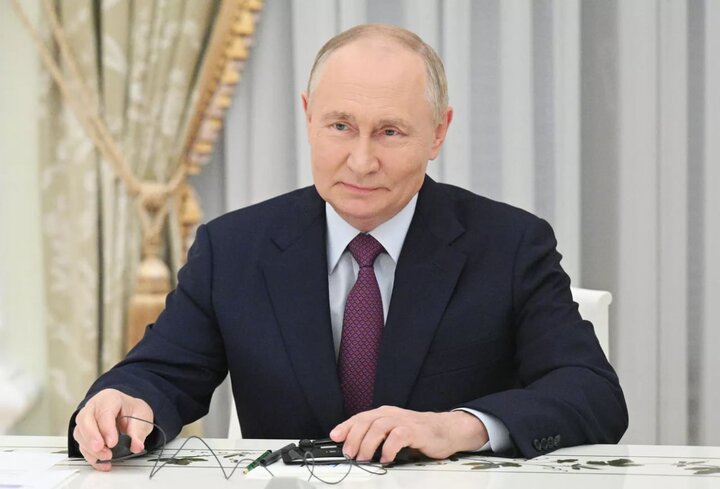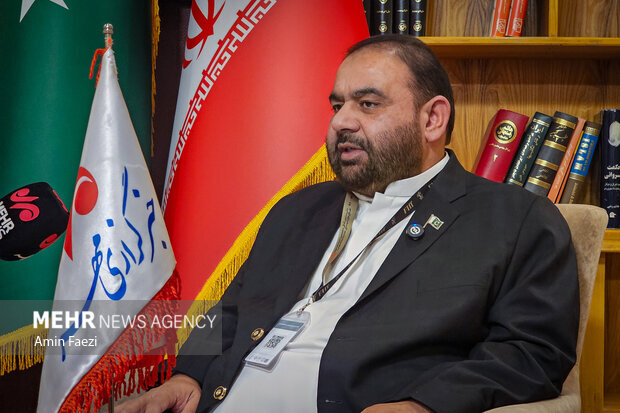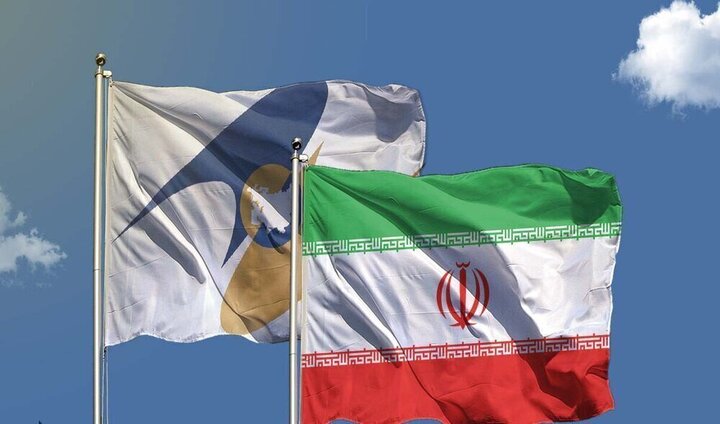
The agreement lays down major guidelines in trade between the Eurasian Economic Union and its member states, on the one hand, and the Islamic Republic of Iran, on the other hand, in line with guidelines from the World Trade Organization, TASS reported.
Among those rules are the most favored nation treatment and national treatment, application of protective measures and customs administration, refusal to apply quantitative bans and restrictions on inflow of goods, as well as provisions fixing the WTO basic standards regarding veterinary, sanitary and phytosanitary measures, as well as technical regulations.
In addition to standard World Trade Organization practices, the agreement stipulates obligations outside their framework but those applied in the EAEU. Regarding technical regulation, obligations are fixed to ensure a 180-day transition period between publication and entry into force of technical regulations.
Regarding sanitary and phytosanitary measures, the possibility is suggested to provide commentaries at the stage of development of measures (provided they differ from international standards), holding of consultations and their scheduling.
The agreement stipulates working together in various areas, including mining, processing and use of mineral resources, energy efficiency, research and innovations, education, medicine, transport, including development of multimodal (mixed) freight, telecommunications, transport and logistics infrastructure and transport corridors. The document also defines preferential trade treatment regarding around 87% of the product range of international economic activities.
The agreement is set to facilitate future expansion of cooperation with the Islamic Republic of Iran in the trade and economic area, the Russian government noted.
SD/PR
